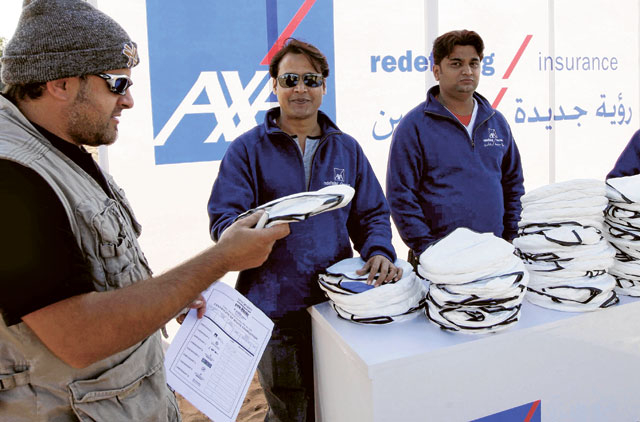Dubai: The UAE is expected to see higher spending on insurance, medicines, doctor’s visits, healthcare treatments and procedures over the next few years.
The rise in the country’s healthcare tab, estimated to reach around $14 billion in one year, or about $1,500 per person (approximately Dh5,000), is fueled mainly by the high incidence of chronic diseases, and is seen to put companies at risk of facing high medical expenses of their staff.
Demographic changes and rapid growth of the population, high per capita income and compulsory medical coverage in both Dubai and Abu Dhabi are also driving the increase in medical expenditures.
According to Marsh & McLennan Companies, as more and more residents suffer from ailments, such as diabetes, heart disease, cancer and strokes, spending on long-term treatments has been on an upward trajectory over the years.
Within the Middle East and Africa region, the total healthcare bills have gone up by 8.8 per cent in 2012, 9.8 per cent in 2013 and 10 per cent in 2014. By 2015, the UAE’s medical expenditure totalled $14 billion.
Over the next five years, residents can expect the tab to increase as the cost of medicines and other pharmaceutical products are forecast to further rise significantly. Insurers alone are anticipating “moderate” increases in maternity and outpatient costs, as well as hospital/inpatient spending over the same period.
“As a result of this, medical insurance is now one of the highest employee spends for companies in the UAE, with forecasts suggesting that employers may struggle to balance employee expectations with these increasing costs,” Marsh & McLennan said.
The company estimated that more than a third (32 per cent) of the total spending in 2015 represents the healthcare expenses incurred by employees, their dependents and other insured residents.
However, Amitava Ghosal, board member and CEO of Avivo Group, said that while medical insurance spending has increased, the cost of healthcare provision will get optimised in the longer term as the industry consolidates, bringing in more efficiency and better quality. "[This] ultimately [will result] in better patient outcomes. Also, the government is taking effective measures to rationalise drug costs," Ghosal said..
Published estimates indicate that spending on hospital bills, medicines and other healthcare treatment in the UAE and the rest of the Middle East and North Africa (Mena) region is forecast to reach more than Dh500 billion ($144 billion) by 2020.
The UAE and Saudi Arabia alone are predicted to account for the huge chunk of the healthcare costs, estimated to reach 76 per cent of the market in the Gulf Cooperation Council (GCC) region by 2018.
Experts have attributed the rise in spending to the high incidence of diet or lifestyle-related illnesses among residents. “The increasing trend of sedentary lifestyle patterns and the shift from traditional, nutritious diets to fast foods have led to increased instances of hypertension, obesity, cancer, heart conditions and other lifestyle diseases in the GCC region,” according to a report from Ardent Advisory.













